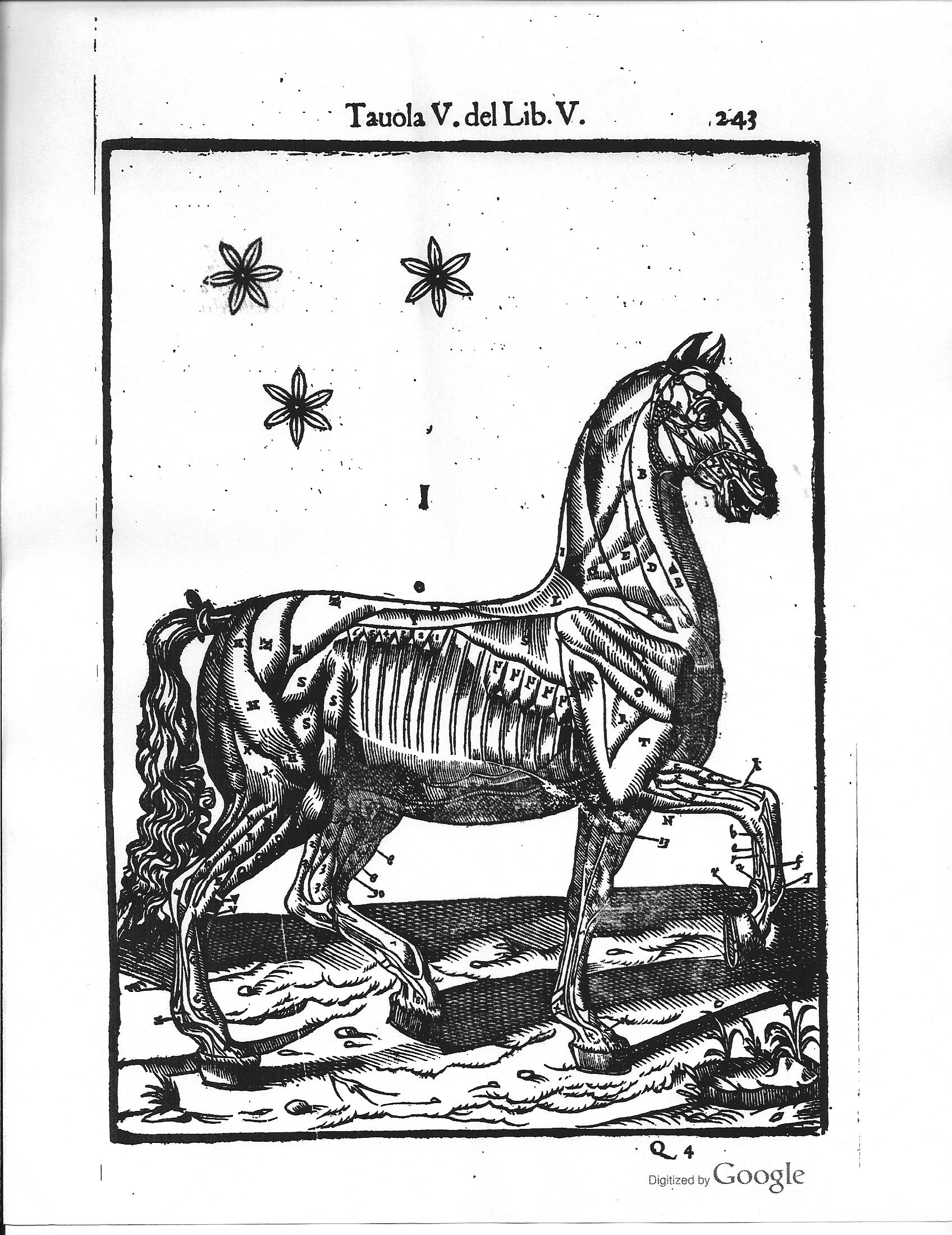Scholar of early modern posthumanism, ecocriticism, and animal studies
Karen Raber’s work engages with a wide range of theoretical frameworks including posthumanism, ecocriticism, and animal studies. She traces the complex history of human/nonhuman interactions with special attention to Renaissance literature, especially Shakespeare, employing an array of theoretical approaches that allow her to entertain questions about the material conditions of human and animal ontology and experience. How did early moderns dwell in kinship with animals and other nonhuman entities and forces? How do gender, sexuality, race, and class intersect to shape human/nonhuman relations? Raber’s scholarship suggests that in early modern texts we may find unexpected and unexplored answers to our most pressing current questions, especially those regarding our capacities and vulnerabilities in an era of ecological crisis.
From the queer erotics of horsemanship to the racial implications of shared hairiness in humans and animals, to the way “virtuous reading” can restore animal agency to early works, or the way human and animal bodies are entangled through the process of becoming and consuming one another, Raber’s scholarship investigates the ethical dimensions as well as the materiality of early modern creaturely existence.
Raber is the editor of “Perspectives on the Non-Human in Literature and Culture,” a book series published by Routledge. More than 20 entries in this series bring together all definitions of “nonhuman” to illustrate connections and convergences that more narrowly-defined series overlook. The environment, animals, machines, objects, weather, and other non-human beings and things have taken center stage in the last few decades to challenge assumptions about what we have traditionally called "the human."
Informed by theoretical approaches like posthumanism, the new materialisms, (including Actor Network Theory, Object-Oriented Ontology, and similar approaches) ecocriticism, and critical animal studies, volumes in the series focus primarily on literary texts, but from an interdisciplinary, theoretically-informed perspective. Series titles cross geographical and period boundaries and are characterized by dynamic interventions into established subjects and innovative studies of emerging topics.
Equeer: Human-Equine Erotics in Shakespeare's Henry IV Part 1
This lecture, given by Karen Raber in 2017 at the University of Southern Maine, engages with the erotic connection between horse and rider. By neglecting the erotics of the relationship, we miss dimensions and possibilities that we should otherwise explore. This lecture is an exploration of that relationship through Shakespeare’s Henry IV Part 1.
Reflections on Posthumanist Shakespeares
Keynote lecture for the Lodz, Poland Shakespeare Center, “Reflections on Posthumanist Shakespeares”—recording TBA.
Queer Natures: Bodies, Sexualities, Environments
The Shakespeare Association of America’s 2017 Plenary, “Queer Natures: Bodies, Sexualities, Environments,” was proposed by Karen Raber. Listen to her talk and those of her fellow panelists on YouTube.


